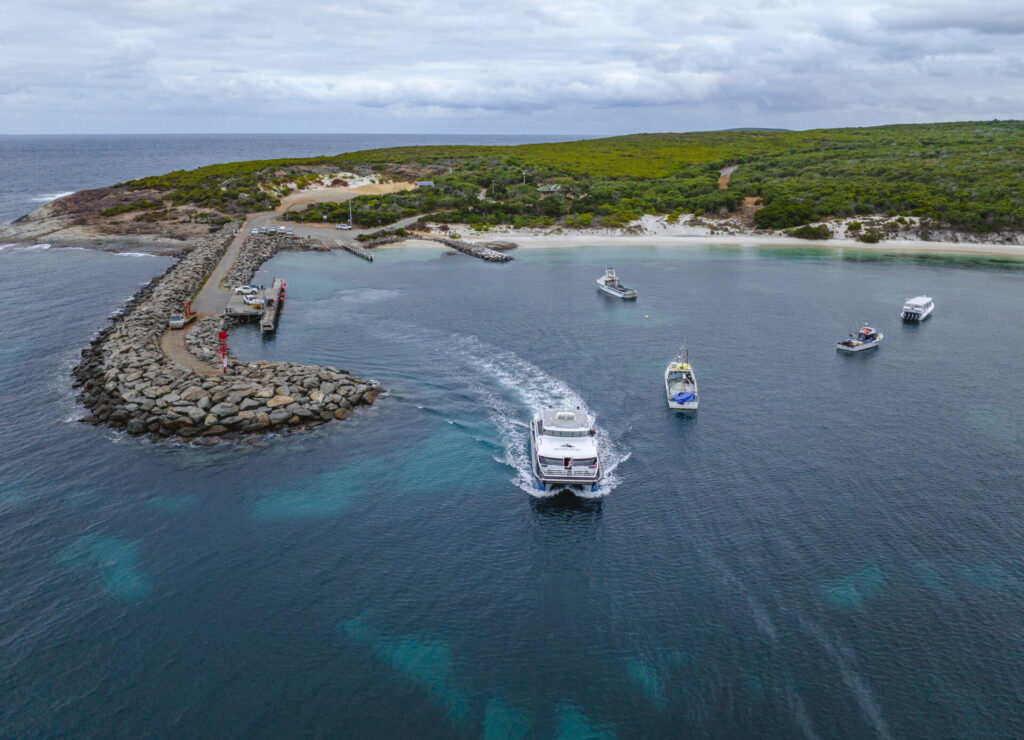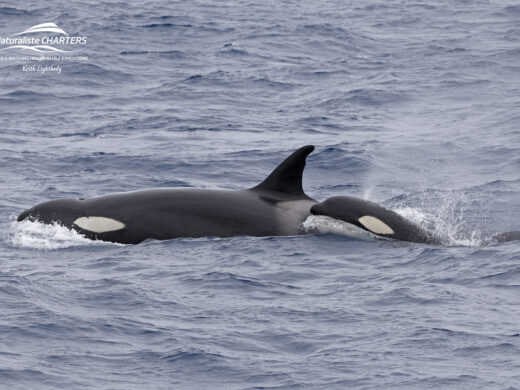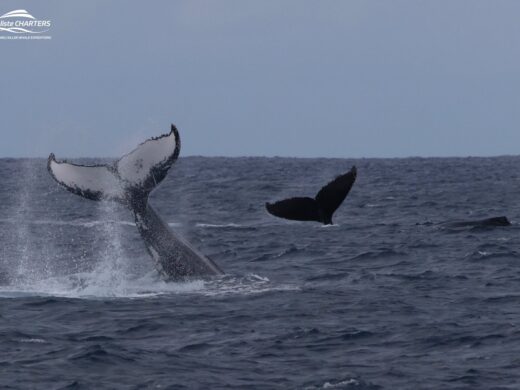Why Dunsborough Is a Migration Hotspot
Whales on the Move
Every year, the calm blue waters of Geographe Bay come alive with some of the world’s most extraordinary travellers — whales. As the seasons shift, the coastal waters off Dunsborough become a natural stage for one of Earth’s greatest journeys. Between late August and November, thousands of humpback, southern right and blue whales can be seen gliding, breaching and tail-slapping their way through the bay.
Legend Charters has been exploring this region for years, guiding guests to witness the magic of migration firsthand. From the deck of our spacious vessel, you will see why Dunsborough has earned its reputation as one of Australia’s premier whale watching destinations.
The great migration
The whale migration is an ancient rhythm that connects oceans and generations. Each year, humpback and southern right whales leave the icy feeding grounds of Antarctica and head north along the Western Australian coastline. They travel thousands of kilometres to reach the warm, sheltered waters near the Kimberley and the Pilbara, where they breed and give birth.
By late winter and early spring, the whales begin their return journey south. This southbound migration brings them close to shorelines such as Dunsborough, where they stop to rest, feed and socialise before resuming their voyage. The calm, protected waters of Geographe Bay make it an ideal resting ground, particularly for mothers with young calves. The bay’s gentle conditions and lack of predators provide a safe nursery for calves to build strength for the long swim ahead.
Who you might see
The most common visitors to the Dunsborough coast are humpback whales (Megaptera novaeangliae). Known for their acrobatic displays and melodic songs, humpbacks often steal the show with spectacular breaches that send plumes of spray high into the air. Southern right whales (Eubalaena australis) are another highlight of the season. They tend to linger close to the shoreline, easily identifiable by their rough patches of skin known as callosities.
If you are very lucky, you might spot the largest animal on the planet — the blue whale (Balaenoptera musculus). These gentle giants migrate through the region later in the season, drawn by the abundance of krill in deeper offshore waters. Other sightings occasionally include minke whales, dolphins and even the occasional orca passing through on its journey further south.
Why Dunsborough is special
While whale watching tours operate along much of Australia’s coastline, Dunsborough offers something unique. The sheltered geography of Geographe Bay creates calm, glassy conditions that are perfect for viewing whales up close. The water depth increases gradually from the shore, so whales can often be seen near the surface, sometimes within a few hundred metres of the coastline.
The location also provides exceptional clarity. On calm days, guests on board Legend Charters can see beneath the surface — catching glimpses of flukes, fins and entire whales gliding effortlessly below. Because the bay forms part of a migration corridor, whales are often unhurried here. They use the time to rest, play and interact, providing incredible viewing opportunities.
A family affair
Whale watching in Dunsborough is an experience for all ages. Families often join our cruises to share a moment that stays with them forever — the sight of a mother whale gently guiding her calf through the waves. These close-knit relationships highlight how intelligent and nurturing whales are.
Our crew provides fascinating commentary about whale behaviour, helping you recognise key actions. When a whale tail slaps, it might be signalling to other whales. When it breaches, it could be clearing parasites or simply playing. Each movement tells part of the story of migration, family and survival.
The science behind the spectacle
Scientists continue to study the reasons whales migrate and the exact routes they follow. Some researchers believe the warm northern waters help newborn calves conserve energy and grow quickly before returning to the food-rich southern oceans. Others suggest that temperature, daylight and ocean currents guide the whales’ timing.
Legend Charters proudly supports responsible whale watching practices that help researchers collect valuable data. Every tour contributes to the growing understanding of whale migration patterns, behaviour and population recovery following the whaling era. Observing these animals in their natural habitat reminds us how fragile the marine environment can be — and why protecting it matters.
The best time to visit
Dunsborough’s whale watching season typically runs from late August until the end of November. Early in the season, whales are often heading south, many accompanied by newborn calves. By mid-spring, the bay becomes a nursery and playground, with mothers teaching calves to breach and dive. The later months of the season can bring sightings of blue whales feeding in deeper water — a rare and unforgettable experience.
Because the bay is so sheltered, tours operate comfortably even on breezy days. Morning light offers soft reflections on the water, while afternoon cruises can bring glowing sunsets that frame the whales in golden light. Each departure time has its own magic, and no two tours are ever the same.
See it for yourself
There is nothing quite like the moment a whale surfaces beside the boat — the sound of its breath echoing across the still water, the glint of sunlight on its skin, and the ripple of excitement on deck. For locals and visitors alike, it is a reminder of how lucky we are to share this coastline with such extraordinary animals.
Join Legend Charters for a Dunsborough whale watching tour this season and witness the great migration for yourself. Our experienced crew, comfortable vessel and passion for marine life guarantee an unforgettable experience.



